The Department of Mining Engineering at O.P. Jindal University, established in 2023, is a young and dynamic department dedicated to academic excellence, cutting-edge research, and industry collaboration. Our mission is to equip future mining professionals with the knowledge, skills, and innovation-driven mindset necessary to address the evolving challenges of the mining and mineral sector.
Mining is a cornerstone of national and global economic development, supporting key industries such as steel, power, construction, and manufacturing. Recognizing its significance, our department offers a well-structured, industry-aligned curriculum that blends fundamental principles with modern technological advancements. Our programs are designed to develop technical expertise, problem-solving abilities, and leadership qualities, ensuring that our graduates are well-prepared for the complexities of modern mining operations.
At OPJU, we emphasize experiential learning through hands-on training, industry visits, internships, and research projects. Our students benefit from state-of-the-art laboratories, simulation-based learning, and real-world problem-solving exercises, ensuring they are industry-ready upon graduation. The curriculum is continuously updated to incorporate emerging trends such as automation, digitalization, sustainable mining practices, and safety innovations.
Research and innovation are at the core of our vision. Our faculty members actively engage in advanced research in areas such as mine safety, mineral processing, environmental sustainability, and geotechnical engineering. Through collaborations with industry partners, research institutions, and government agencies, we strive to develop innovative solutions that enhance efficiency, sustainability, and safety in mining operations.
We are committed to fostering strong linkages with leading mining companies and organizations, enabling industry-driven projects, internships, and placement opportunities for our students. By bridging the gap between academia and industry, we ensure that our graduates possess the practical knowledge and competencies needed to contribute meaningfully to the mining sector’s growth and sustainability.
Safety and environmental responsibility are fundamental to our teaching and research efforts. We instill a strong sense of ethical responsibility in our students, emphasizing sustainable mining practices, environmental conservation, and adherence to global safety standards. As the industry transitions toward more sustainable and digitalized operations, we are dedicated to equipping our students with the latest technological expertise to lead this transformation.
Looking ahead, our goal is to position the Department of Mining Engineering at OPJU as a premier center for mining education, research, and innovation. We aspire to create an ecosystem that fosters academic excellence, industry engagement, and the development of skilled professionals who can make a global impact on the mining and mineral industries.
I warmly invite aspiring students, researchers, and industry professionals to join us in our journey towards academic and research excellence in mining engineering. Together, let us shape a safer, more efficient, and sustainable future for the mining sector.


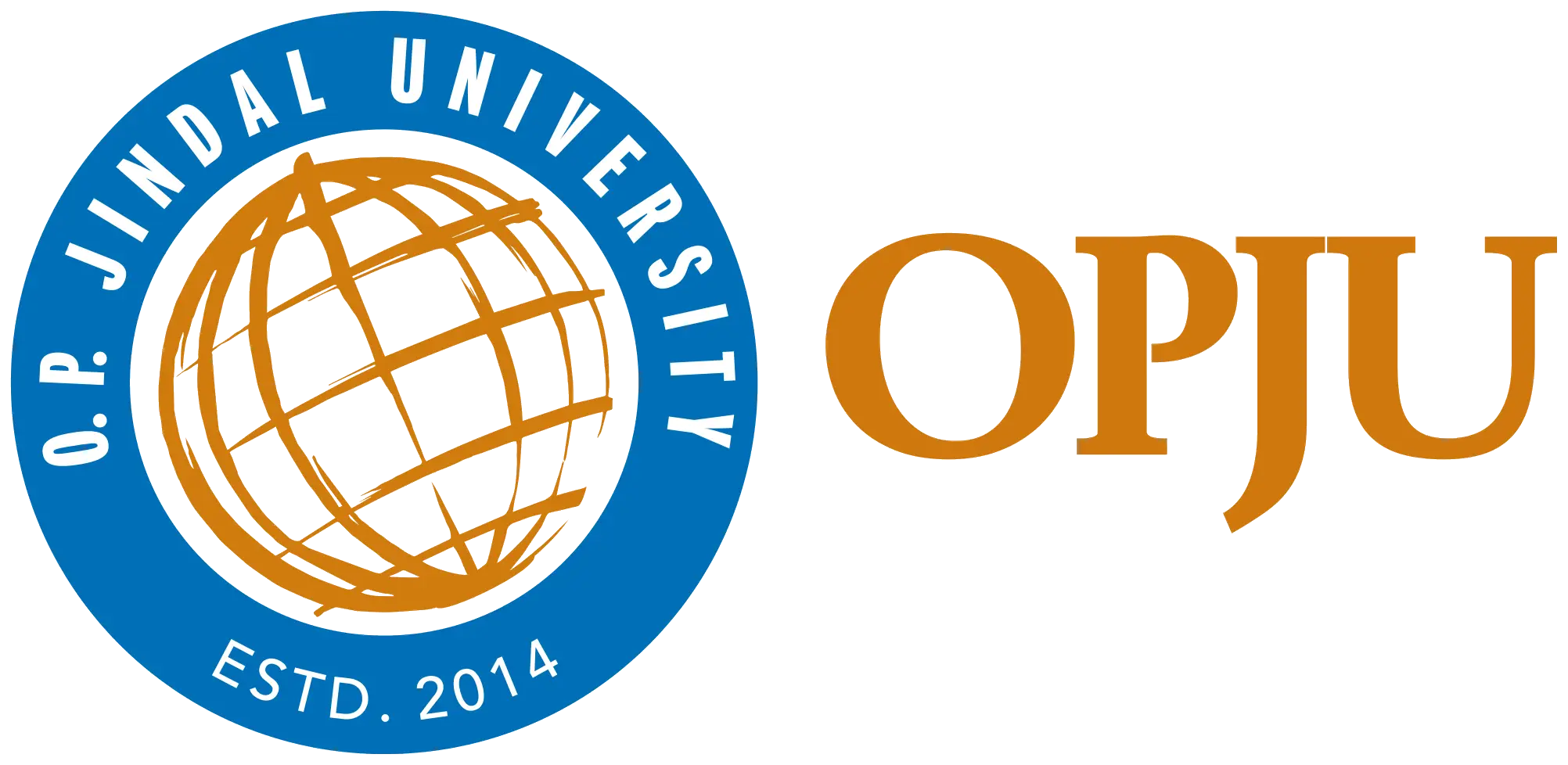

.jpg)
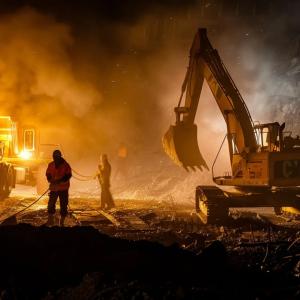
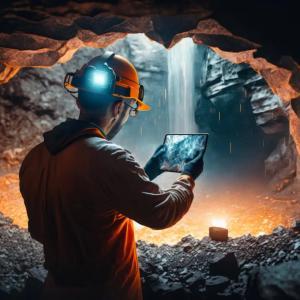




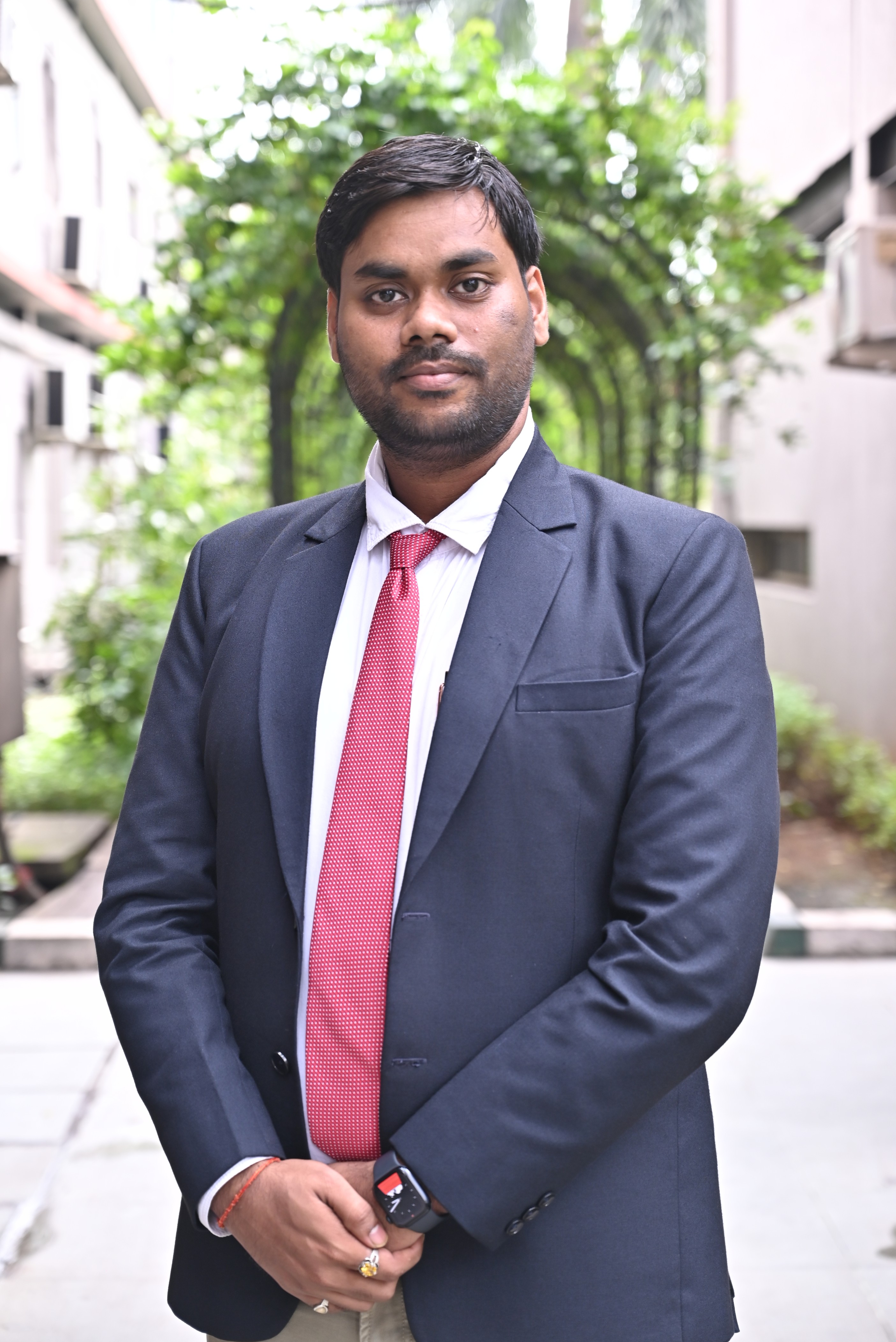
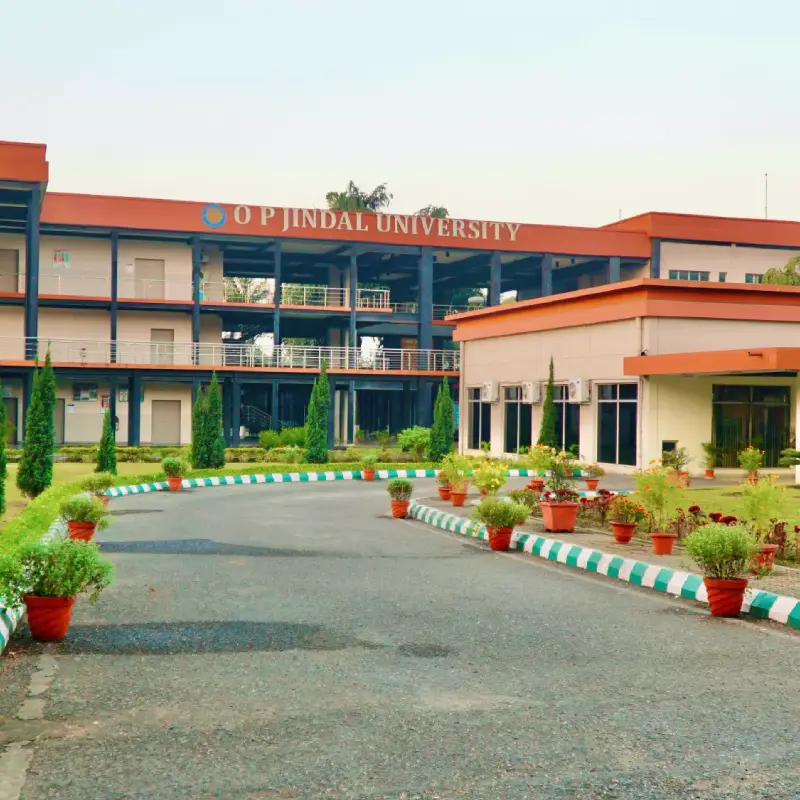


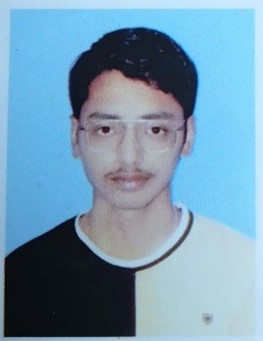

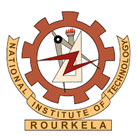




Social Media Link